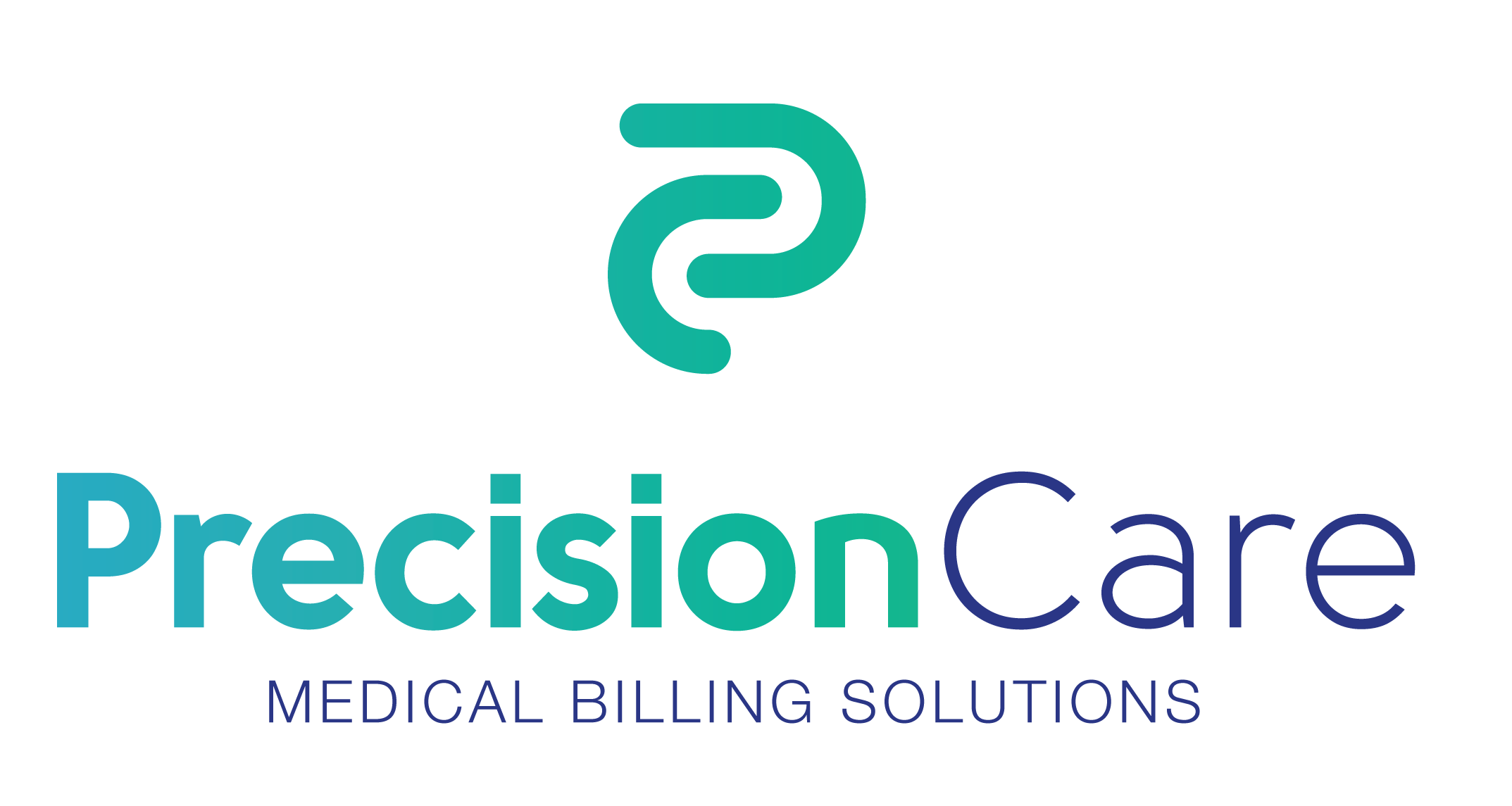Revenue cycle management is a critical component of medical billing that can significantly impact a healthcare organization’s financial success. Optimizing revenue cycle performance is key to ensuring timely and accurate reimbursement for services rendered, as well as maximizing revenue potential. Implementing effective strategies and best practices can help healthcare providers streamline their revenue cycle processes and improve overall financial performance.
One of the first steps in optimizing revenue cycle performance is to establish clear and consistent processes for patient registration and insurance verification. Accurate demographic and insurance information is essential for proper billing and reimbursement, so ensuring that this information is collected and verified upfront can help prevent billing errors and denials later on. Implementing electronic verification tools can also help automate this process and reduce manual errors.
Another important aspect of revenue cycle management is to improve coding and documentation practices. Accurate and detailed coding is essential for proper reimbursement, so educating staff on current coding guidelines and best practices can help improve billing accuracy and reduce claim denials. Regular coding audits and reviews can also help identify and correct coding errors before they result in lost revenue.
Claim submission and follow-up are also critical components of the revenue cycle process. Providers should strive to submit clean claims in a timely manner to ensure prompt reimbursement. Implementing automated claim submission tools can help streamline this process and reduce billing delays. Additionally, establishing a proactive follow-up process for denied or unpaid claims can help identify and resolve issues quickly, leading to faster reimbursement and improved revenue.
Patient collections are another key area of focus for optimizing revenue cycle performance. Implementing clear and consistent patient payment policies, as well as offering convenient payment options such as online bill pay or payment plans, can help improve collections and reduce accounts receivable. Educating patients on their financial responsibility upfront can also help prevent payment delays and reduce the need for costly collection efforts.
Finally, leveraging technology and data analytics can help providers identify trends and opportunities for revenue cycle improvement. Implementing a robust revenue cycle management system can help streamline processes, improve accuracy, and track key performance metrics. Analyzing data such as denial rates, days in accounts receivable, and net collection rates can help identify areas for improvement and track progress over time.
By implementing these tips and best practices, healthcare providers can optimize their revenue cycle performance and improve their overall financial health. Revenue cycle management is a complex and evolving process, but with the right strategies in place, providers can maximize revenue potential and ensure financial stability in an increasingly challenging healthcare landscape.
Find out more at
PrecisionCare Medical Billing Solutions
https://www.precisioncaremedicalbilling.com/
Bothell, United States
Empowering Medical Practices with Billing Confidence.
Unlock the potential for increased revenue and streamlined billing processes with Precision Care Medical Billing. Say goodbye to headaches and hello to optimized billing solutions. Explore our services today at precisioncaremedicalbilling.com.
Precise Medical Billing Solutions:
Revenue Cycle Mgmt (RCM), Claim Denial Management, Soft Medical Collection. Accurate Claim Coding

